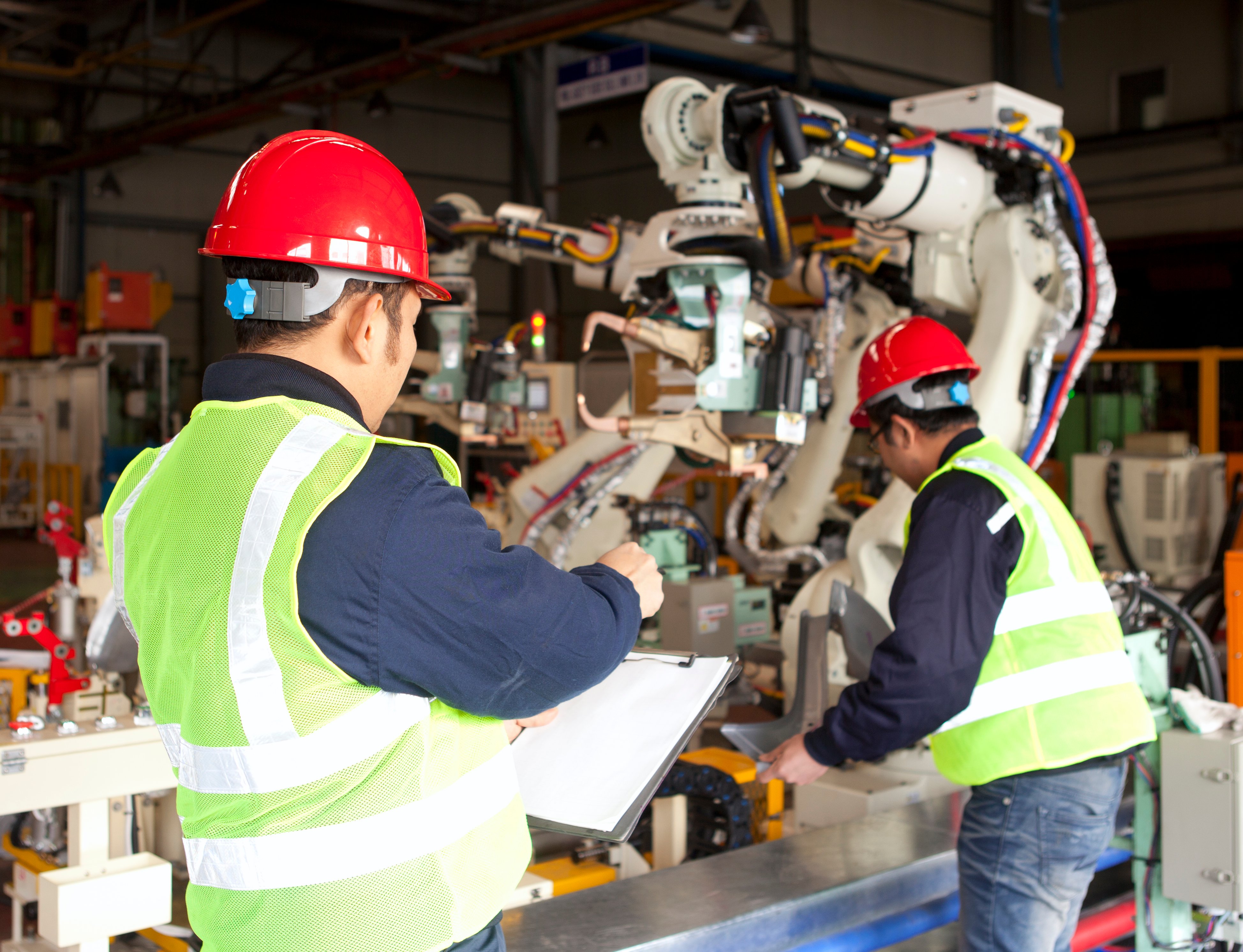
Understanding the motivation of factory workers is the key to improving efficiency and enabling them to work to their full capacity. This is harder than it sounds, as factory managers typically do not work alongside factory workers, adding another layer of distance to the relationship.
Nevertheless, there are plenty of ways in which you can help factory workers to feel more engaged and motivated to get their tasks done to the best of their ability. This article will explore how innovations in technology, automation and communication can be harnessed to motivate your employees and ultimately increase factory production for you.
Click here to read everything you need to know about Critical Alarm Management
Getting Factory Automation Right
Investing in the automation technology can lead to greater efficiency. Of course, some workers may be concerned that automation can ultimately lead to factories that can be almost completely automated with hardly any human workers - and this is a real concern. However, thoughtful technologies can be introduced that help workers complete their tasks more quickly and to a better standard will generally be welcomed by the majority of operatives.
Psychologically, humans enjoy work that consists of meaningful tasks that can be completed in a controlled and timely way. Technology such as wireless connectivity and video solutions enable workers to perform analytical tasks to a higher degree of accuracy, thanks to innovations such as sensors that send real-time data and help the factory to function in a more streamlined manner by eliminating duplicated (and often redundant) tasks. Workers can be deployed to more creative areas of the factory, or tasks that are more intellectually stimulating.
The introduction of automation results in high-level focus. Workers are more motivated when given the opportunity to concentrate on strategic, high-level tasks that use all their skills and expertise. Manufacturing work can often consist of tedious and repetitive jobs that can be very challenging and exhausting when performed by a human day in and day out, as the need to concentrate on something intrinsically dull is hard work. Automation allows the boring manufacturing labour to the machines. This will result in a workforce that may inevitably be smaller, but which is almost certainly guaranteed to be happier. And a happy workforce is much more likely to be motivated to work towards the company's continued success.
Enhanced Monitoring and Alerting
The area of machine maintenance is one area that clearly demonstrates how technology can be used to improve output by reducing machine downtime. By monitoring machines it’s possible to provide operators with valuable live data such as status, output and data of past incidents. If the software highlights a fault with a machine, an internal or external expert can be automatically alerted who can quickly deal with the issue. A fault that might formerly have taken days if not weeks and involved lengthy phone calls can often be resolved in hours or minutes.
Factories can be hazardous working environments and ensuring health and safety is up-to-date is an essential part of allowing factory workers to work safely and to their full capacity. In large automated factories, staff will often carryout tasks in areas such as boiler houses or in roof voids - alone. Lone workers, such as these, are more vulnerable to work-related accidents simply because they do not have any colleagues nearby to help so it is vital that they feel adequately supported by the factory management. Therefore, it is important that lone workers can be monitored too, and should they have an incident or an accident leaving them in urgent need of medical attention their colleagues (or response team) are automatically alerted to the incident in a matter of seconds to provide the necessary support they urgently require.





